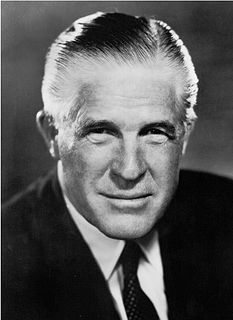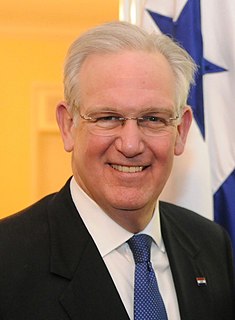A Quote by Frederick Romilly
The public can have no rights springing from injustice to others.
Related Quotes
No one who passively endures an injustice against himself has the material in him to struggle for the rights of others. The one who patiently forbears becomes an accessory to the injustice done to others. He who resists the injustice which he himself meets can open up the way to a higher right for others.
Since there is no such entity as 'the public,' since the public is merely a number of individuals, the idea that 'the public interest' supersedes private interests and rights can have but one meaning: that the interests and rights of some individuals take precedence over the interests and rights of others.
If we want to do away with the injustice to gays it will not be done because we get rid of the injustice to gays. It will be done because we are forwarding the effort for the elimination of injustice to all. And we will win the rights for gays, or blacks, or Hispanics, or women within the context of whether we are fighting for all.
I think a decent society should protect rights to private property within limits, but not concentrations of private power that infringe on the freedom and rights of others, including exploitation of labor, and that convert any democratic forms into what have been called sometimes "hierarchical democracies," like ours, in which some have vastly greater influence over public policy than others. Spelling all of this out is a complex matter that raises many issue and problems that are impossible to address here.
In America, I think we just keep adding, and that's our problem. We almost never subtract. We keep adding these boondoggles, and these violations of the basic principles of equal rights - certain people have more rights than others - it's like "Animal Farm." The pig says that we all have equal rights, but some have more rights than others.
The 1970s was the decade of liberation, of anger at injustice and demands for recognition and rights. But over time, the demand for specific rights degraded into a generalized sense of entitlement, the demand for specific recognition into a generalized demand for attention and the anger at specific injustice into a generalized feeling of grievance and resentment. The result is a culture of entitlement, attention-seeking and complaint.

































